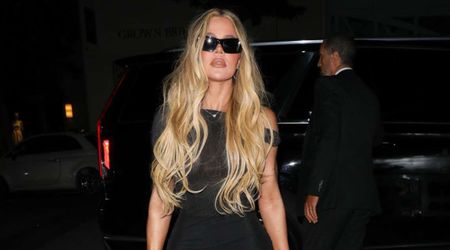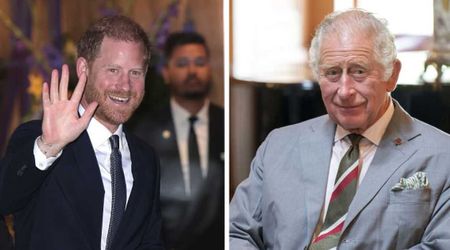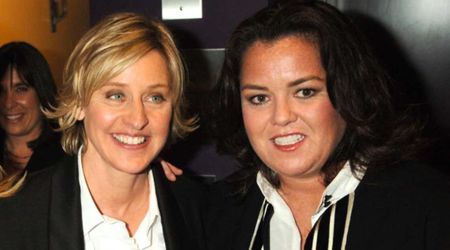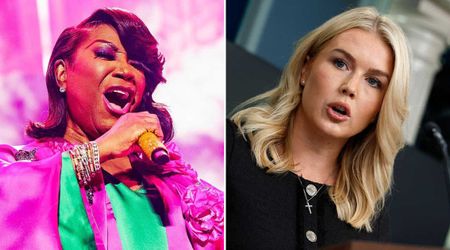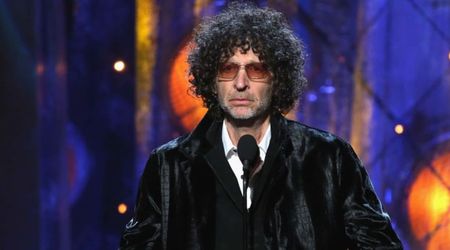Brian Wilson, founder and lead singer of The Beach Boys, dies at 82

LOS ANGELES, CALIFORNIA: Brian Wilson, the musical force behind 'The Beach Boys' and a defining voice of the California sound, has died at age 82.
Known for crafting timeless harmonies and innovative pop masterpieces, Wilson died on Wednesday, June 11, according to his family.
View this post on Instagram
Brian Wilson’s family mourns his death
Born on June 20, 1942, in Inglewood, California, Brian Wilson rose to fame in the 1960s as co-founder, songwriter, co-lead vocalist, and producer of the Beach Boys.
Alongside his brothers Dennis and Carl Wilson, cousin Mike Love, and friend Al Jardine, he helped shape one of the most iconic American bands in history.
Wilson’s death was announced in a post on Instagram, which included a photo of the music legend. His children asked for privacy as they grieved.
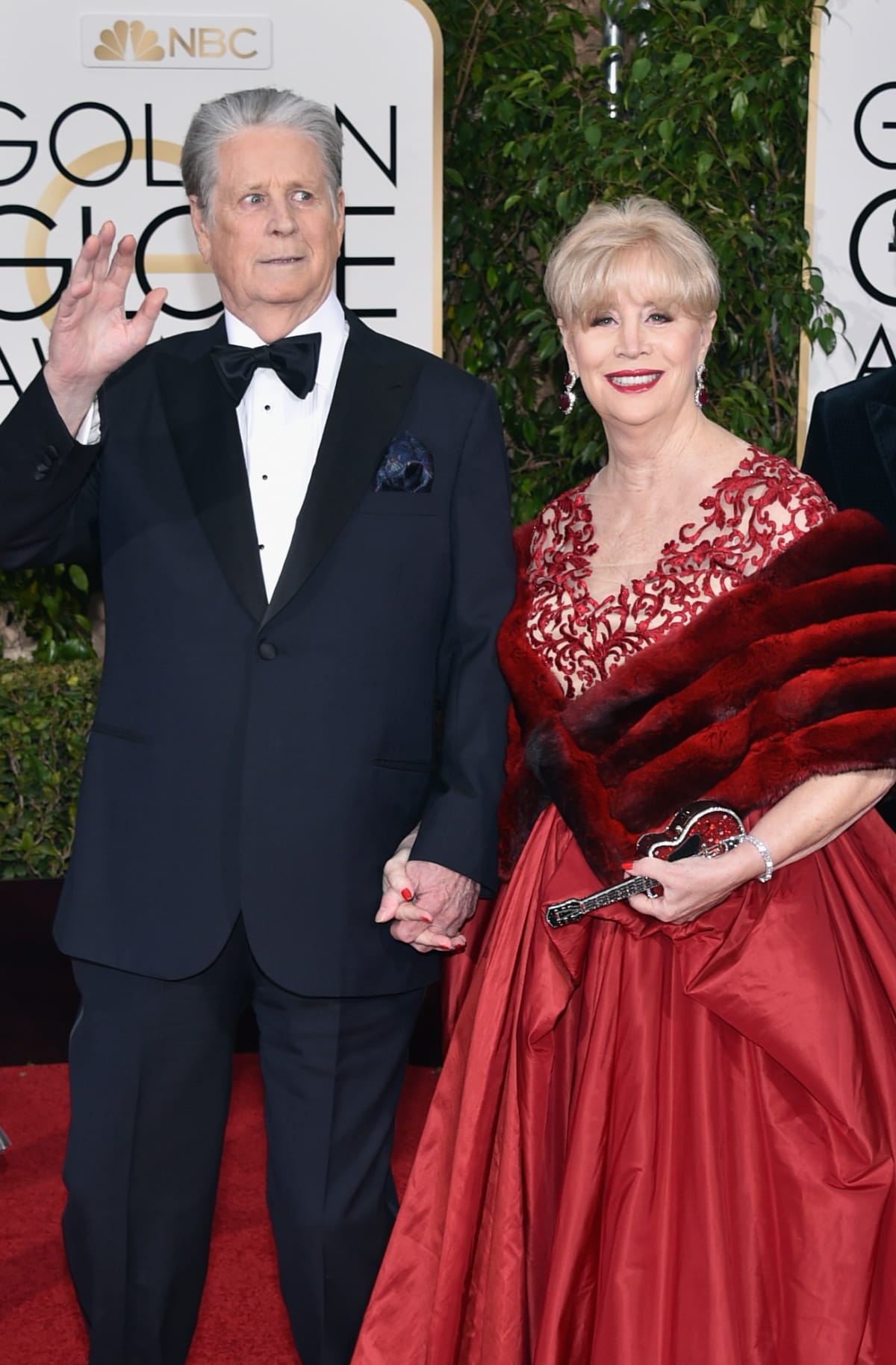
“We are heartbroken to announce that our beloved father Brian Wilson has passed away… We are at a loss for words right now,” his family wrote, signing off with 'Love & Mercy,' the title of Wilson’s 1988 solo single and the later biopic about his life.
Wilson earned nine Grammy nominations over his career, including two wins for his solo work in 2005 and 2013.
He was inducted into the Rock & Roll Hall of Fame with the Beach Boys in 1988 and honored by the Kennedy Center in 2007. His life was portrayed in the 2015 film 'Love & Mercy' and further explored in the 2021 documentary 'Brian Wilson: Long Promised Road'.
Mental health struggles followed Beach Boys' early success
In 1966, the Beach Boys hit No 1 with 'Good Vibrations', a song considered one of the most complex and creative pop tracks ever recorded. Brian Wilson recalled feeling certain of its success even before its release.
“My brothers said, ‘Brian, this is going to be a No 1 record.’ I said, ‘I know!’” Brian Wilson told People in a 2018 interview.
Despite his musical triumphs, Wilson struggled for decades with mental health issues, fueled by a lifelong hearing impairment in his right ear, the pressures of touring, and what the publication later described as “the excesses of the '60s”.
Following the death of his father in 1973, Wilson withdrew from public life and fell into extended periods of depression and self-destructive behavior.
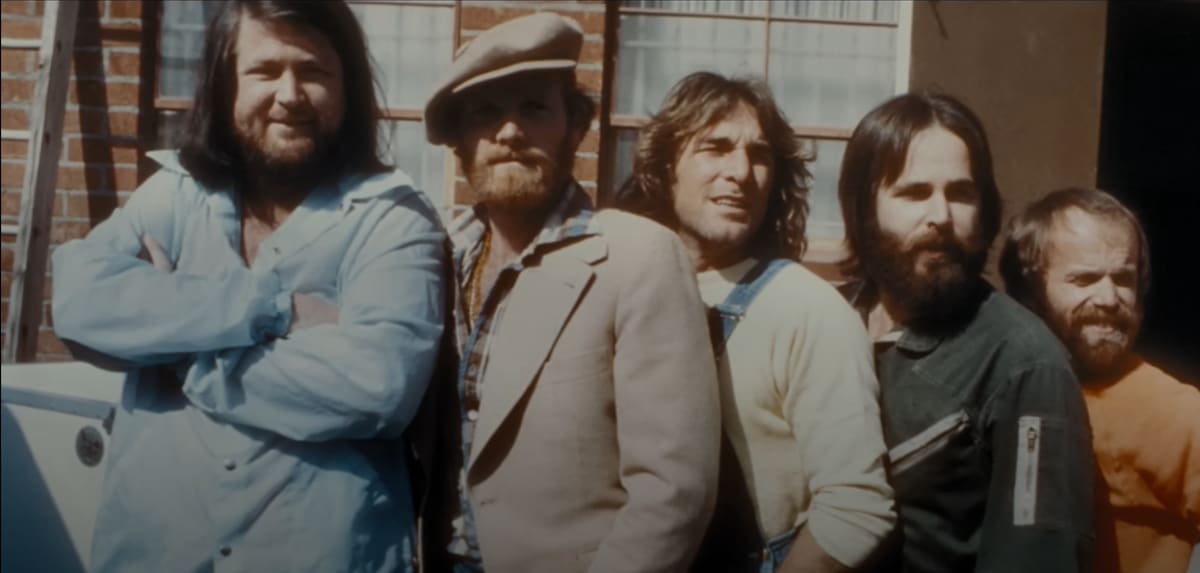
Aided by psychologist Eugene Landy, he returned to the studio briefly in 1976. That comeback included two albums, '15 Big Ones' and 'The Beach Boys Love You', before another collapse led to his removal as a partner in the band’s Brother Records in 1982, according to Variety, after his brother Dennis drowned to death.
With the support of his family, Wilson was again placed under 24-hour care by Landy.
Eugene Landy's influence led to disputed songwriting credits on Brian Wilson’s solo debut
Eugene Landy's control over Brian Wilson grew so intense that he was initially credited as a co-writer on most songs from Wilson’s 1988 self-titled solo album, released by Sire Records — credits that were later removed.
Despite the controversy, critics embraced the album, particularly songs like 'Love and Mercy,' 'Melt Away', and the ambitious 'Rio Grande'.
The record marked Wilson’s first full-length solo project after years of silence and signaled a new chapter in his career.
Wilson’s childhood, marred by abuse from his father, left lasting emotional and physical scars.
A “two-by-four [my dad hit me with] caused deafness in my right ear,” Wilson told People in 1991, adding, “My childhood and adolescence were very sad times in my life, because I always had to turn my head to hear things, trying to imagine where those voices were coming from.”
Wilson married Marilyn Rovell in 1964, with whom he had daughters Carnie and Wendy. The sisters later formed the pop group 'Wilson Phillips' in the 1980s.
After divorcing Rovell in 1979, he married Melinda Kae Ledbetter in 1995. The couple adopted five children—Daria, Delanie, Dylan, Dash, and Dakota Rose—and remained together until Ledbetter’s death in January 2024.

A month after her death, Wilson’s family filed for a conservatorship, citing his “major neurocognitive disorder (such as dementia)” and stating that he was “unable to properly provide for his personal needs for physical health, food, clothing, or shelter," as per People. Wilson is survived by his seven children.

